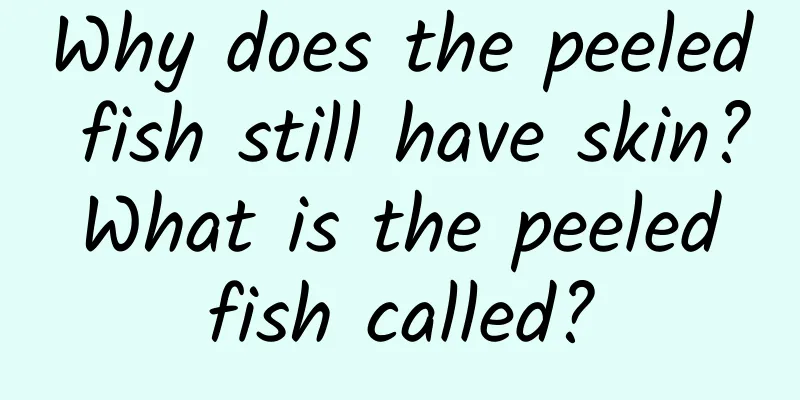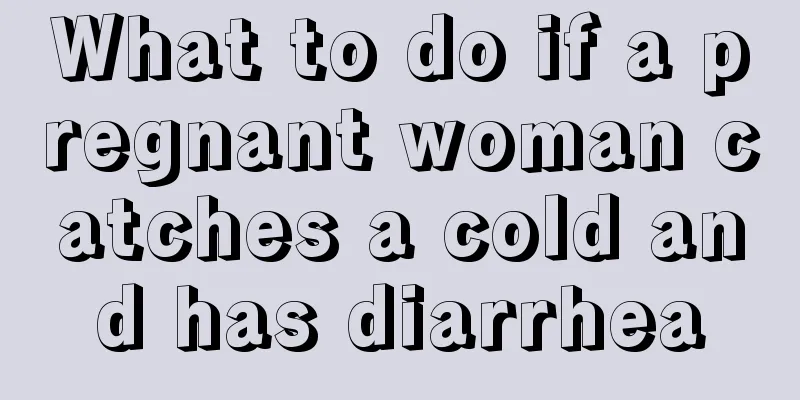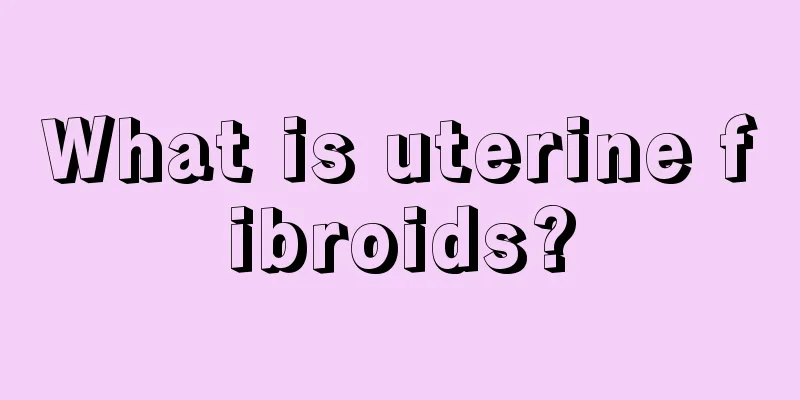[Medical Q&A] What should we do if we encounter an epileptic seizure?
![[Medical Q&A] What should we do if we encounter an epileptic seizure?](/upload/images/67f0e2e9e5743.webp)
|
Author: Tang Yulin Guangzhou Women and Children's Medical Center Reviewer: Li Xiaojing, Chief Physician, Guangzhou Women and Children's Medical Center Sometimes in our work or life, we may encounter such a scene: someone suddenly has an epileptic seizure, and people around them come up with suggestions, such as pinching the Ren Zhong point, pinching the tiger's mouth, putting hands or other objects in the patient's mouth to prevent him from biting his tongue. But is this right? I tell you that this is wrong. Here are some practical "three musts" and "four don'ts". Three musts: 1. Remove dangerous objects: Remove all objects around the patient that may cause harm, including iron, stones, sharp objects, fire sources, etc., to prevent the patient from being injured during convulsions. 2. Maintain correct posture: Help the patient take a safe position, usually supine, with the head tilted to one side, or side-lying. This position helps prevent oral secretions from blocking the airway and avoiding suffocation. 3. Observe and record: Carefully observe the patient's convulsions. If conditions permit, you can record the seizure video. If the patient's convulsion lasts for more than 3 minutes, you should immediately call the "120" emergency number for help. Four Don’ts: 1. Do not press acupoints: Do not relieve epileptic seizures by pressing the Ren Zhong or other acupoints. This method is not only ineffective, but may also cause damage to the patient's local skin and soft tissue. 2. Do not forcefully press the limbs: Forcibly pressing the patient's limbs may cause injuries such as fractures. 3. Do not force the mouth open: Do not try to force the patient's mouth open or put anything in it. Doing so may damage teeth or bones, or even block the airway and cause suffocation. 4. Do not feed medicine: During an epileptic seizure, do not feed the patient medicine, including antipyretics. Feeding medicine at this time may cause aspiration, suffocation, and endanger the patient's life. Knowing these basic first aid measures can help someone with epilepsy at critical moments and reduce the risks and injuries during an epileptic seizure. Remember, staying calm and taking the right actions in a timely manner are the keys to helping someone who is having an epileptic seizure. |
<<: [Medical Q&A] Does smoking cause erectile dysfunction?
Recommend
How many days after the period ends do you ovulate?
When women are in their ovulation period, there a...
When will Starbucks' 2019 Christmas limited edition drink start selling? Christmas Snow Tree Matcha Latte launch time
We all know that every Christmas, Starbucks will ...
How to act cute with your boyfriend
When in love, it is very normal for couples to ac...
How long does it take for the stomach to recover after giving birth?
Pregnancy will cause great changes to the mother&...
Can I push if I have constipation after cesarean section?
Some women choose to give birth by cesarean secti...
What are some tips for losing weight during menstruation?
There are many ways to lose weight now, but every...
Is the epidemic in Japan serious in 2020? Why are there so many cases of COVID-19 in Japan?
The number of confirmed cases of COVID-19 in Japa...
What is the concept of IP53 and IP68 waterproof level? Which one has a higher waterproof level, IP67 or IP68?
Many big-name mobile phones now have a certain de...
Can caesarean section scars be removed?
Everyone knows that cesarean section usually leav...
Is the acetylene uridylic acid test reagent accurate?
After becoming pregnant, most pregnant women are ...
When playing outdoors, be careful of being bitten by these insects! You definitely need this insect prevention manual
In hot weather, many families choose to go outdoo...
Why didn't I get pregnant after the follicles were released?
Some women who are trying to get pregnant have no...
How can girls stop masturbating?
It seems that everyone only thinks that the word ...
How many months should pregnant women drink corn silk water
Corn silk is a Chinese herbal medicine that has t...
How to regulate your body if you want a boy
Physical and mental health is the only wealth of ...









